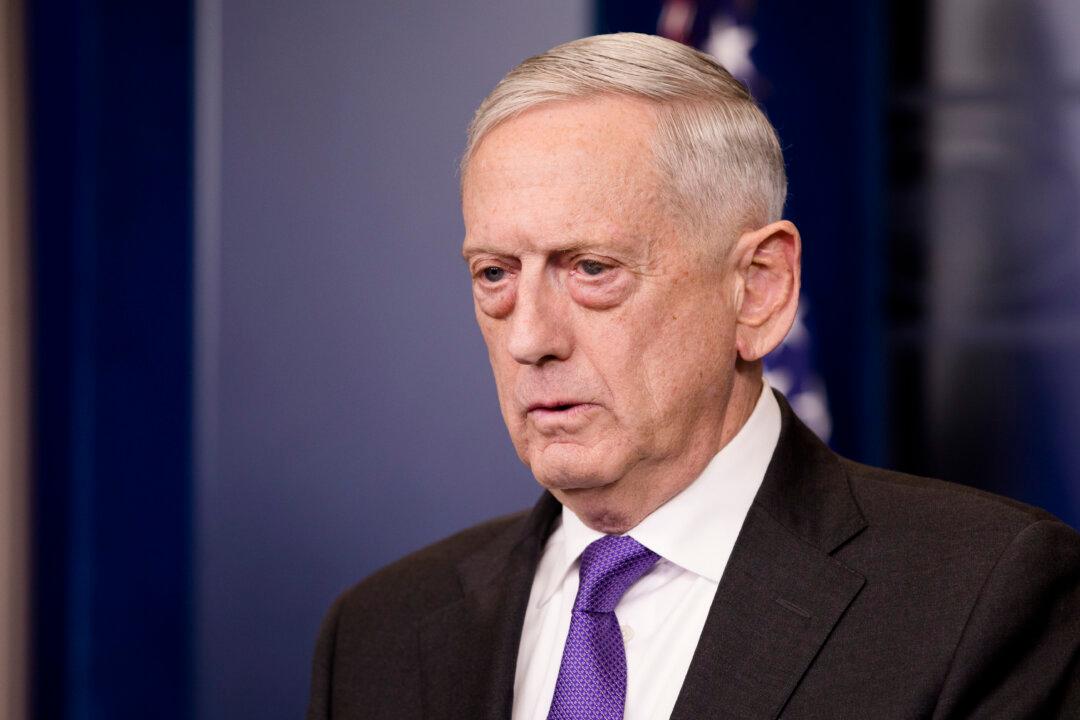WASHINGTON/CAIRO—The United States will stop refueling aircraft from the Saudi-led coalition that is fighting Iran-allied Houthi rebels in Yemen, according to an announcement by the coalition on Nov. 10.
“Recently, the Kingdom and the Coalition increased its capability to independently conduct inflight refueling in Yemen. As a result, in consultation with the United States, the Coalition has requested the cessation of inflight refueling support for its operations in Yemen,” the Saudi statement said.





